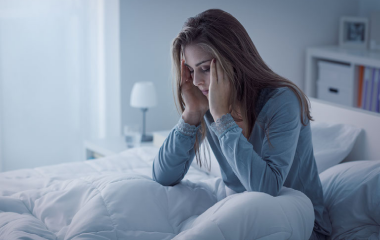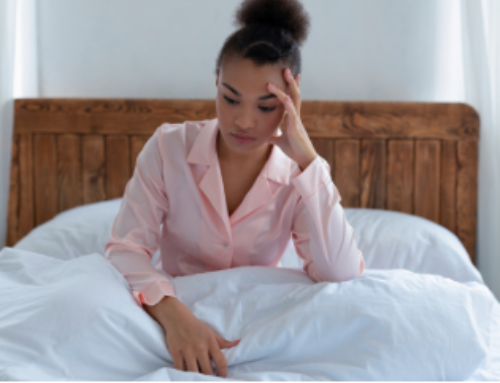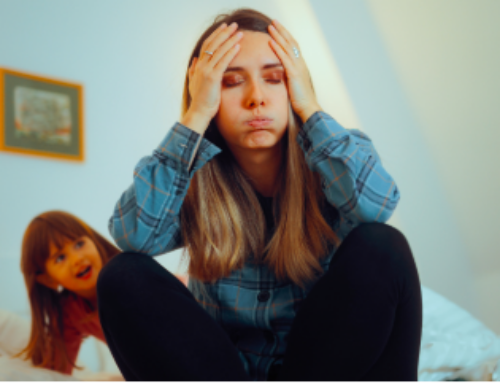Normally Sleep Education reports on the numerous physical and mental health problems caused by sleep deprivation. In this one case, sleep deprivation may actually have a benefit. If you don’t sleep after a traumatic event, you may avoid developing PTSD or other anxiety disorders, a recent study reports.
Plenty of studies have shown that sleep is central to the development of memories. This approach to PTSD works the opposite, researchers theorize: Avoid sleeping and avoid the memory-forming mechanism.
So far, sleep restriction has only been used to treat trauma in artificial, academic environments. The approach has not been put to practice with patients at risk for PTSD, such as accident victims or deployed troops.
The double-blind study involved video clips of safe driving with shocking footage of sudden car accidents mixed in. Half of the participants who watched the videos stayed up all night afterward. The others received a normal night’s sleep.
The group assigned to sleep deprivation had few fear-associated memories of the accident footage, compared to subjects who received a full night’s sleep.
The authors of the study insist sleep deprivation could be a possible therapy for post-traumatic stress or anxiety. Further research is needed before the therapy can be put into practice for real-life traumatic events.





